NAMES ANALYSIS REPORT
You searched for:"Bueno de Mesquita",
Here's what we found
There are many indicators that the name Bueno de Mesquita may be of Jewish origin, emanating from the Jewish communities of Spain and Portugal.
When the Romans conquered the Jewish nation in 70 CE, much of the Jewish population was sent into exile throughout the Roman Empire. Many were sent to the Iberian Peninsula. The approximately 750,000 Jews living in Spain in the year 1492 were banished from the country by royal decree of Ferdinand and Isabella. The Jews of Portugal, were banished several years later. Reprieve from the banishment decrees was promised to those Jews who converted to Catholicism. Though some converted by choice, most of these New-Christian converts were called CONVERSOS or MARRANOS (a derogatory term for converts meaning pigs in Spanish), ANUSIM (meaning "coerced ones" in Hebrew) and CRYPTO-JEWS, as they secretly continued to practice the tenets of the Jewish faith.
Our research has found that the family name Bueno de Mesquita is cited with respect to Jews & Crypto-Jews in at least 5 bibliographical, documentary, or electronic references:
The Sephardim of England, by Albert M. Hyamson
A history of the Spanish & Portugese Jewish Community, 1492-1951.
From the PhD Dissertation of Michelle M. Terrill, "The Historical Archaeology of the 17th and 18th-Century Jewish Community of Nevis, British West Indies", Boston University, 2000
This is an historical archaeological examination of a 17th- and 18th-century Jewish community on the island of Nevis in the British West Indies. Unlike earlier archaeological studies of the Jewish Caribbean Diaspora that focused on single sites, the focus of this investigation was on increasing the understanding of the roles and lives of the Sephardim in the colonial Caribbean. The study of the Neevis community indicates that the Jews of the Caribbean were not fully integrated socially or politically into British colonial society.
Noble Families Among The Sephardic Jews, by Isaac Da Costa, Bertram Brewster, and Cecil Roth.
This book provides genealogy information about many of the more famous Sephardic families of Iberia, England and Amsterdam. It documents the assimilation, name changes and conversion of many Sephardic families in Spain, England and The Netherlands. There is a large section dealing with the genealogy of the members of Capadose and Silva families in Spain and Portugal. This reference includes genealogical tables and a translation of Da Costa’s 1850 work "Israel and the Gentiles", with chapters by Bertram Brewster on the Capadose conversion to Christianity and by Cecil Roth on their Jewish history.
ETSI, Volume 4, No.12 dated March 2001, "Aliases in Amsterdam", by Viberke Sealtiel-Olsen, a list of alias names used by Sephardim in Amsterdam. True Sephardic Name=Alias Name
When the Conversos fled Portugal to settle in Amsterdam they returned openly to Judaism. Because they often still had relatives in Portugal, they tried to protect them by using aliases in their transactions. However, it wasn’t only the Portuguese who wound up in Amsterdam. Even a century after 1492, conversos were finding their way from Spain to Amsterdam. Listing a person as a Portuguese merchant generally meant he was Jewish. Their family contacts worldwide, along with their language skills, were great commercial assets in their farflung business ventures. And in their contacts with family back home, they had to be discreet as to not bring suspicion on relatives left behind This work is a wonderful research tool for Sephardic research in Amsterdam.
ETSI, Volume 4, No.12 dated March 2001, "Aliases in Amsterdam", by Viberke Sealtiel-Olsen, a list of alias names used by Sephardim in Amsterdam. Alias Name=True Sephardic Name
When the Conversos fled Portugal to settle in Amsterdam they returned openly to Judaism. Because they often still had relatives in Portugal, they tried to protect them by using aliases in their transactions. However, it wasn’t only the Portuguese who wound up in Amsterdam. Even a century after 1492, conversos were finding their way from Spain to Amsterdam. Listing a person as a Portuguese merchant generally meant he was Jewish. Their family contacts worldwide, along with their language skills, were great commercial assets in their farflung business ventures. And in their contacts with family back home, they had to be discreet as to not bring suspicion on relatives left behind This work is a wonderful research tool for Sephardic research in Amsterdam.
Around the 12th century, surnames started to become common in Iberia. In Spain, where Arab-Jewish influence was significant, these new names retained their old original structure, so that many of the Jewish surnames were of Hebrew derivation. Others were directly related to geographical locations and were acquired due to the forced wanderings caused by exile and persecution. Other family names were a result of conversion, when the family accepted the name of their Christian sponsor. In many cases, the Portuguese Jews bear surnames of pure Iberian/Christian origin. Many names have been changed in the course of migration from country to country. In yet other cases "aliases", or totally new names, were adopted due to fear of persecution by the Inquisition.




